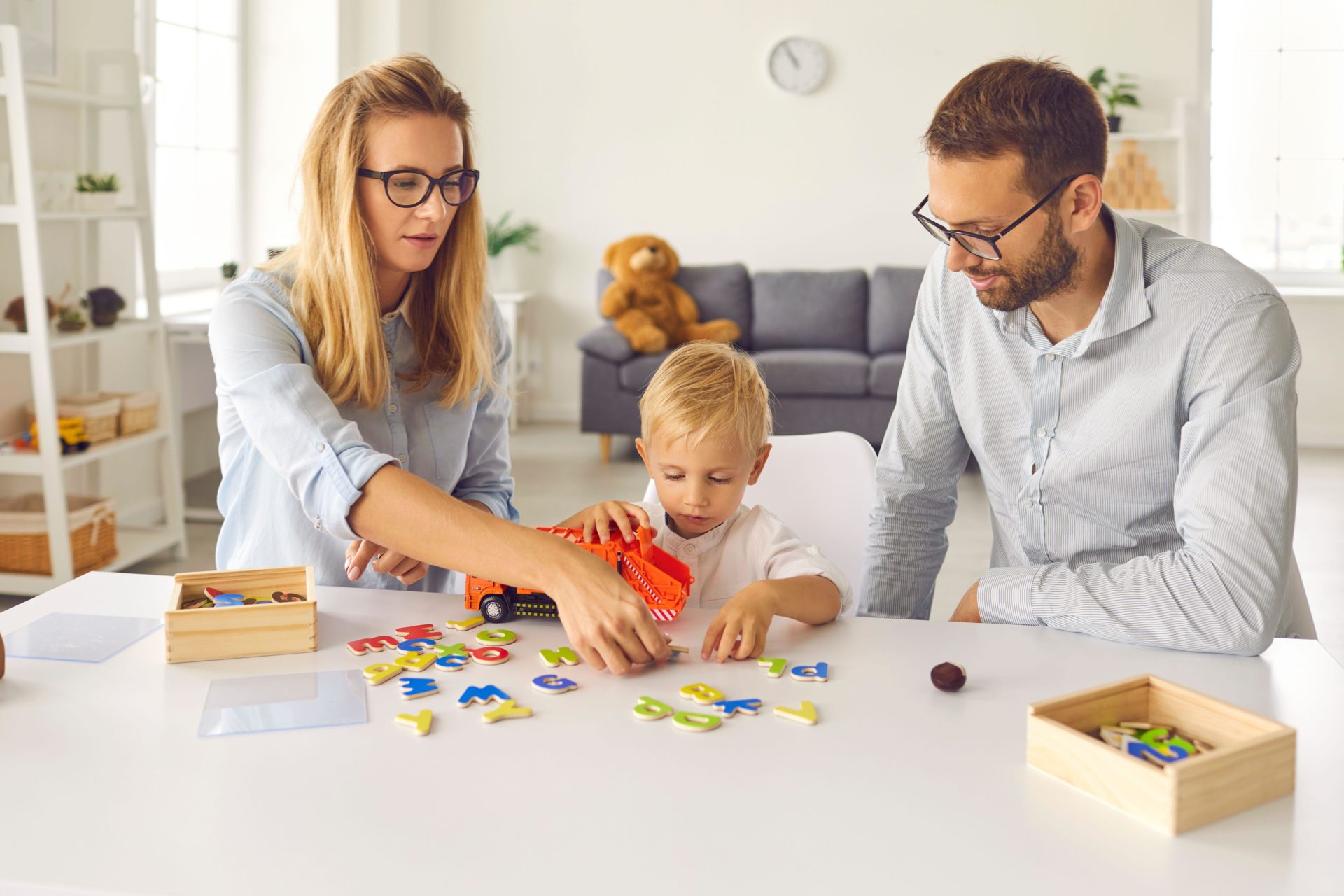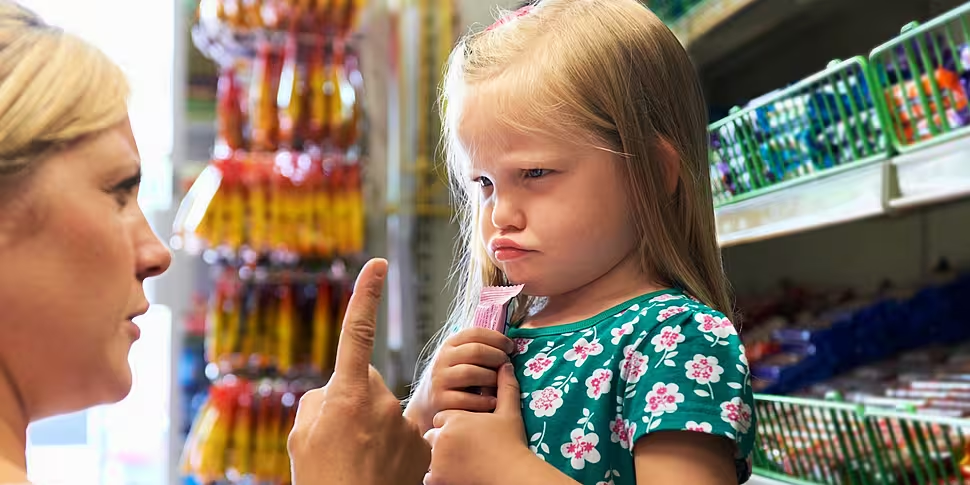Patience is essential to raising children but is often “in short supply” among parents, a leading psychiatrist has said.
On Lunchtime Live today, Dr Brendan Kelly said patience included being “self-forgiving” as a parent and understanding there is “often is no perfect way to do things”.
It follows research by Rover.com that found 85% of people believe patience is the most valuable skill a parent can have, followed by responsibility and consistency.
They also found that 75% of people believe getting a dog is the best way to prepare for the trials and tribulations of parenthood.
Dr Kelly said patience “tends to be a flashpoint” in many parenting situations.
“It’s the skill that gets tested the most as a parent,” he said.
“Parenting is a tough gig and ultimately, it’s about survival as we need to survive in order to be steady and strong for the children.
“It’s tough, there are ups and downs and all kinds of things one has to endure and manage – but having patience is an effective way of managing these challenges.”
Presence
Dr Kelly said ultimately, children just “need us to be present”.
“What we say and what we do doesn’t matter as much as the quality of our tone, our steadiness, our reliability, and giving them a solid foundation,” he said.
“It’s so hard, it’s just so difficult, and we don’t articulate this often enough just how challenging it is to be a parent and navigate these complicated situations.
“There often is no right way to do things; it’s often the best you can do now which involves a lot of patience and self-forgiveness.”
 Parents teaching child letters. Image: Roman Lacheev / Alamy
Parents teaching child letters. Image: Roman Lacheev / AlamyPodcaster and parent Keith Walsh said love is the most important skill a parent needs, in his view.
“We need to be with our children, we need to show them that we love them,” he said.
“It’s not always important that we get to the thing we need to get to.
“What we think we are doing is trying to show them the importance of arriving on time, to be punctual, and to stick with something.
“But often we are pushing something that is not what the child is interested in, wants to do, or more importantly hasn’t the energy to do.”
Expressing love
Mr Walsh said parents often express love in the wrong ways.
“We feel like we’re showing love by paying for piano lessons that the child doesn’t want or bringing them to the training session they don’t want to go to,” he said.
“We feel like we show love by making them rounded members of society, according to what we learned - but it’s different for them.
“Love should be expressed through hugs, affection, and being told you love them as well as listening and trust.”
The survey also found that tentativeness, trust, and setting boundaries were other highly valued skills in parents.
You can listen back here:
Main image: A child and parent argue in a supermarket. Picture by: Ian Allenden / Alamy Stock Photo









